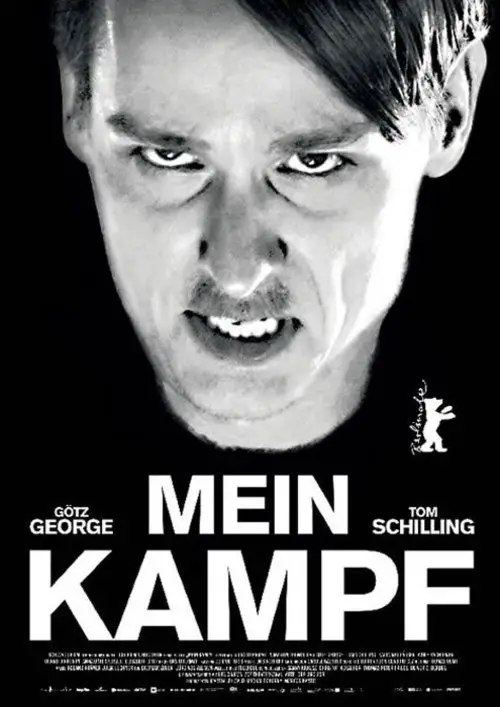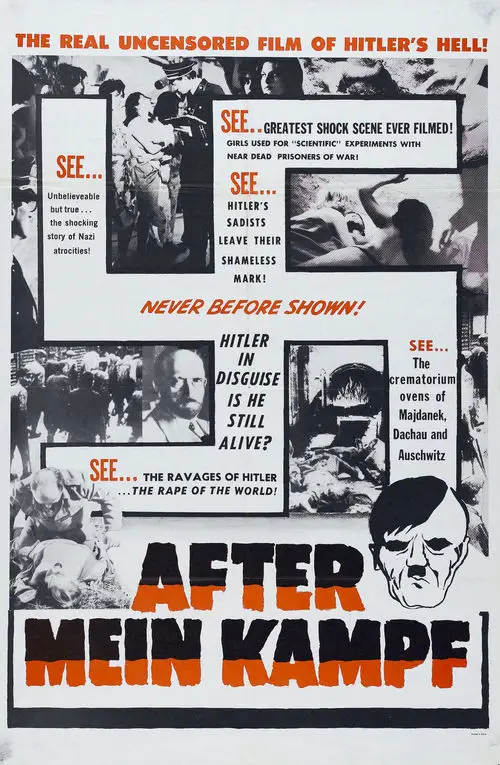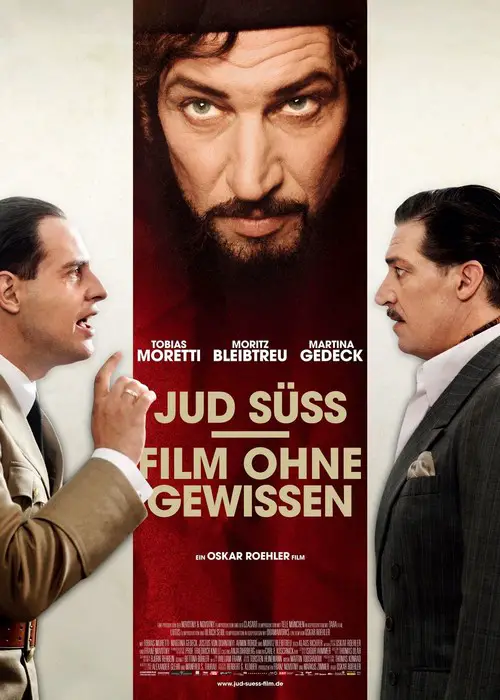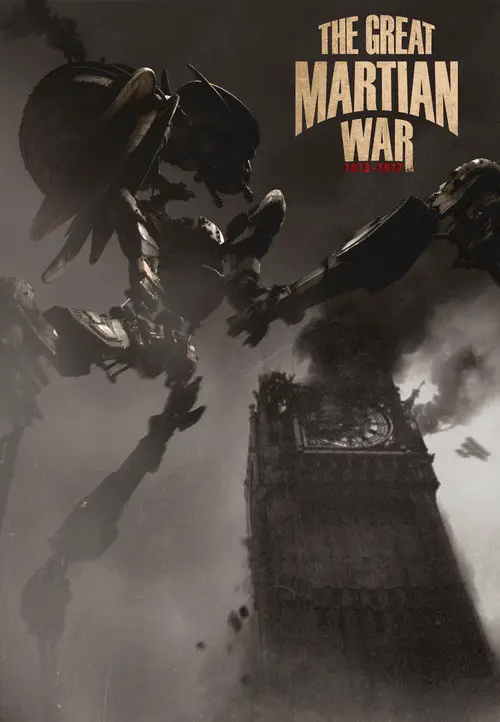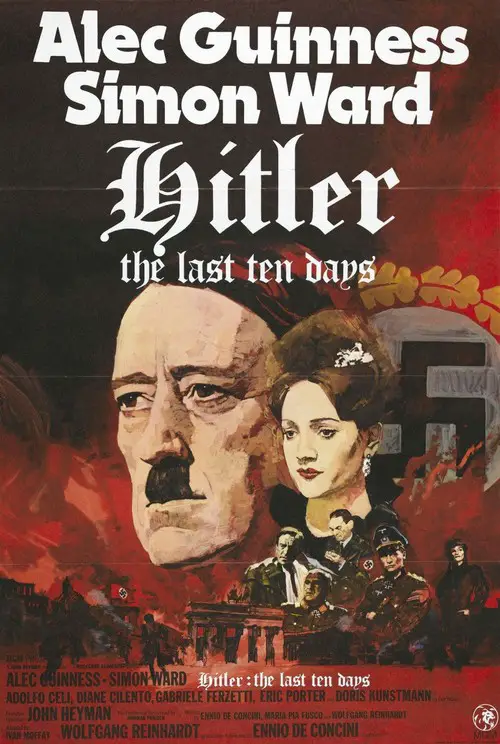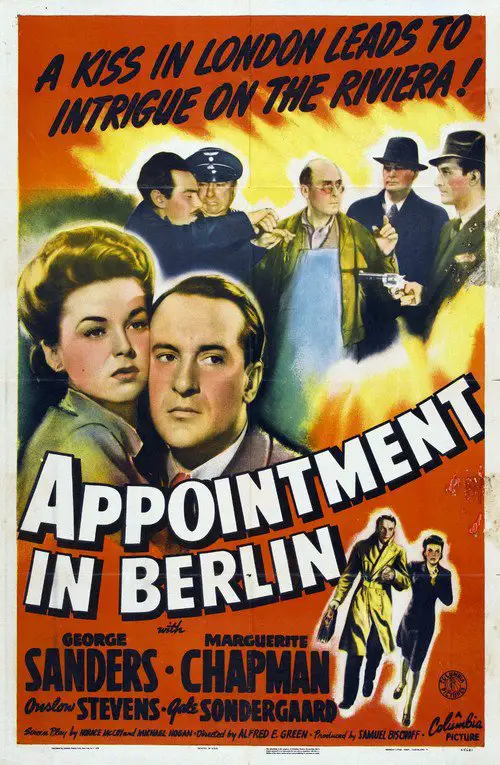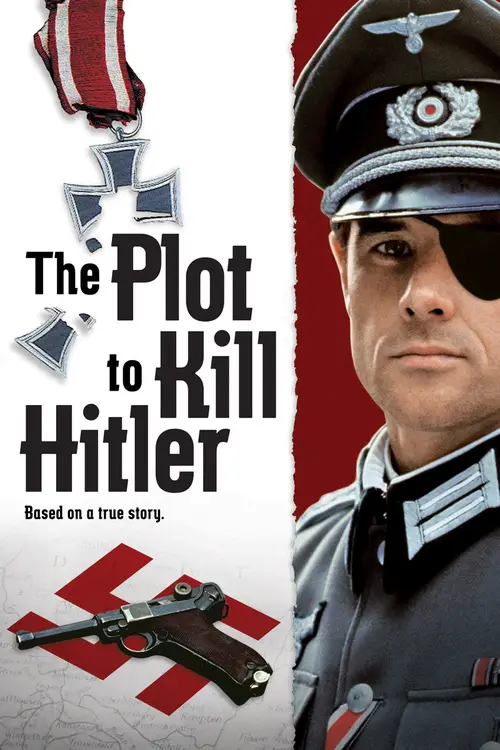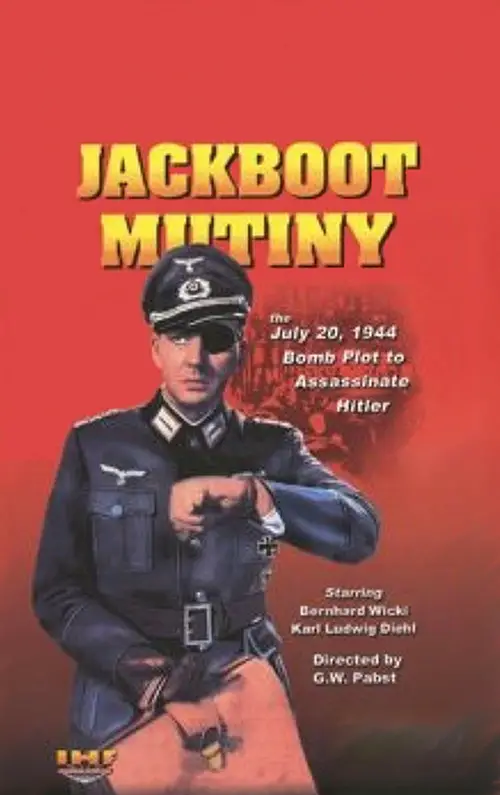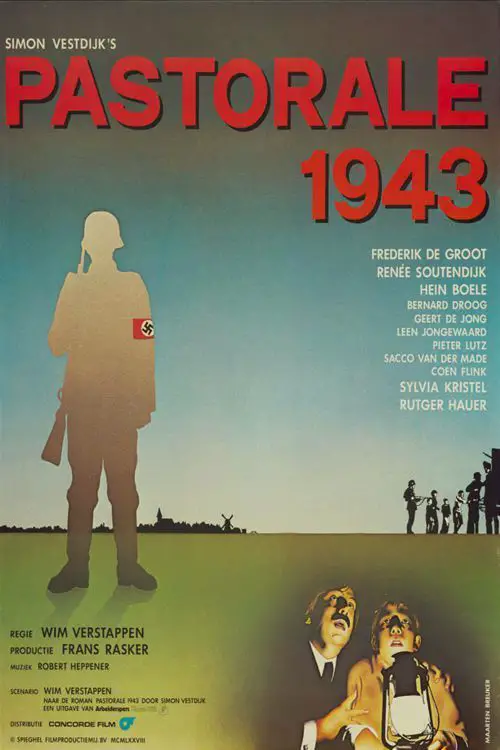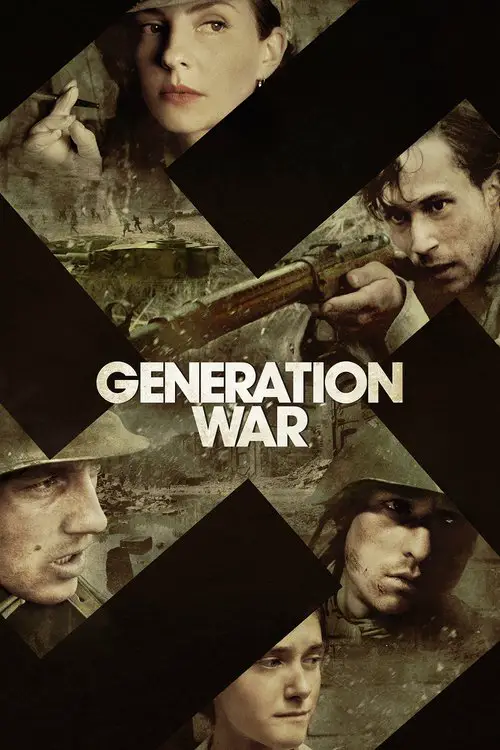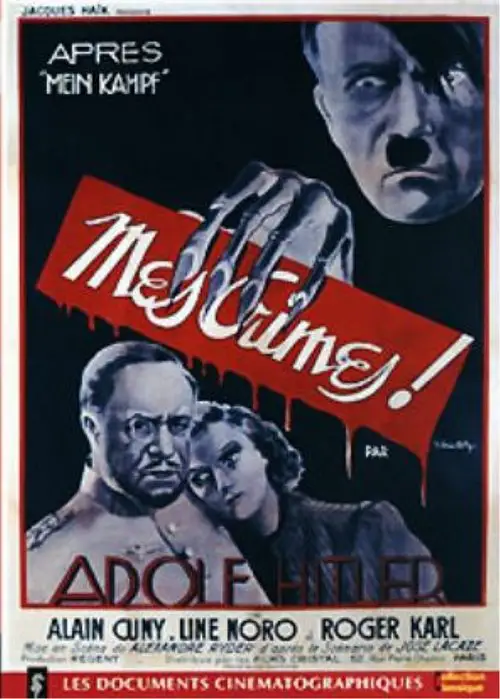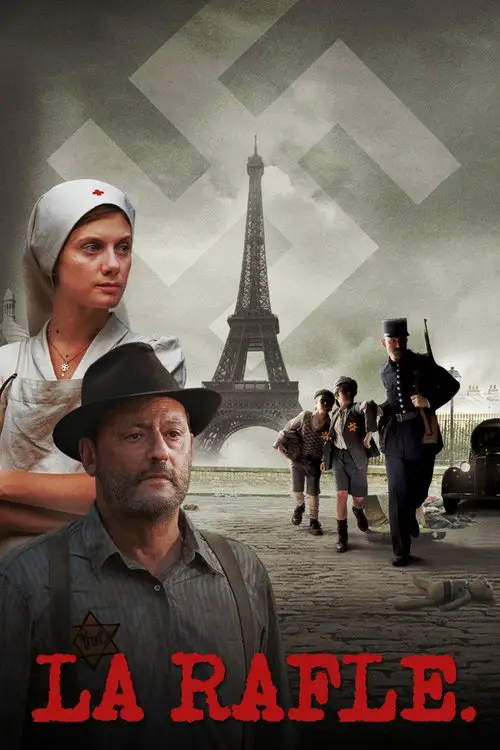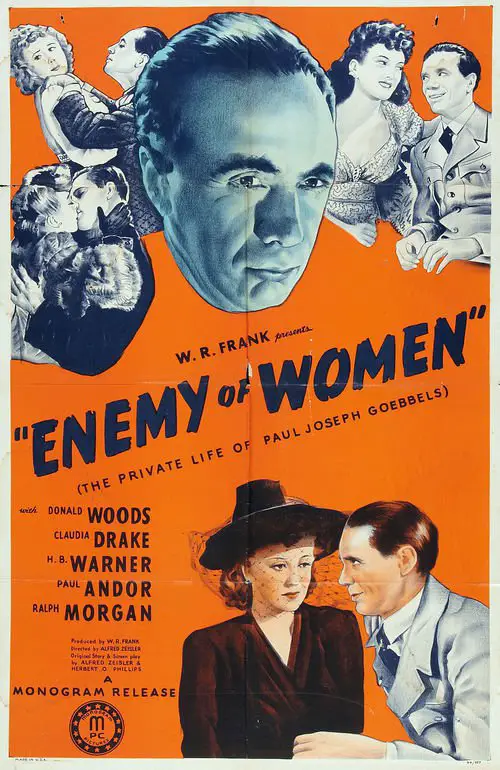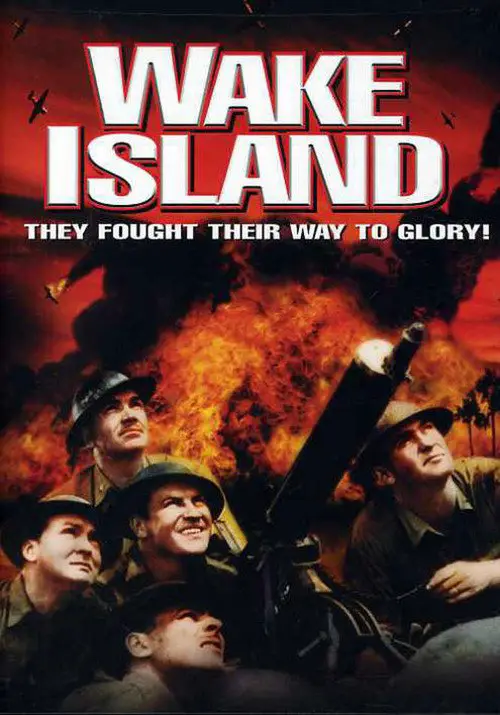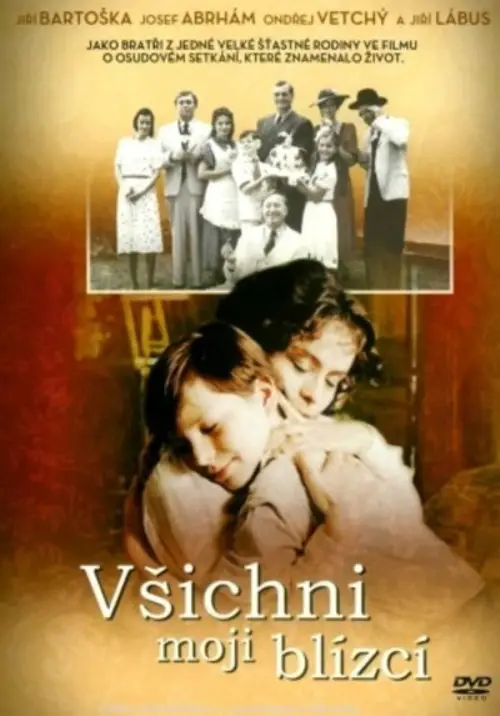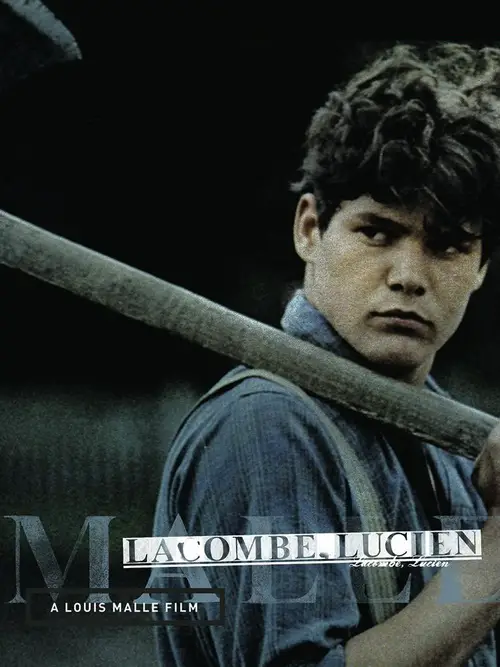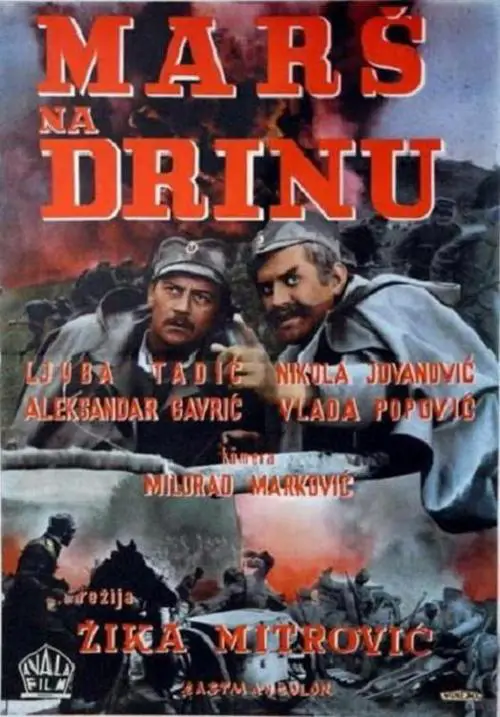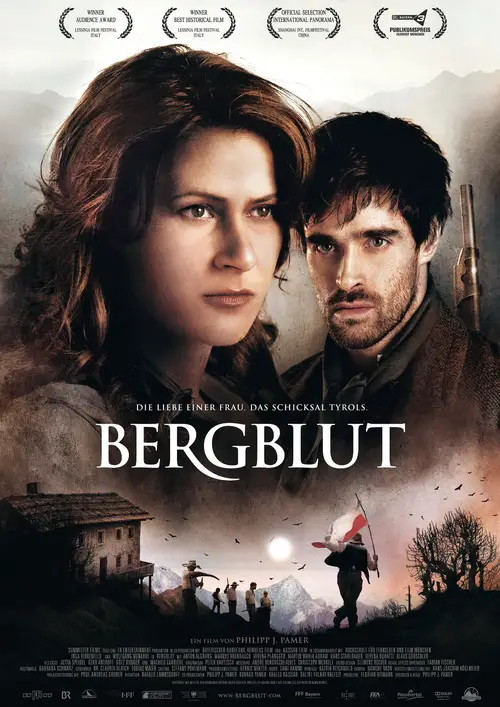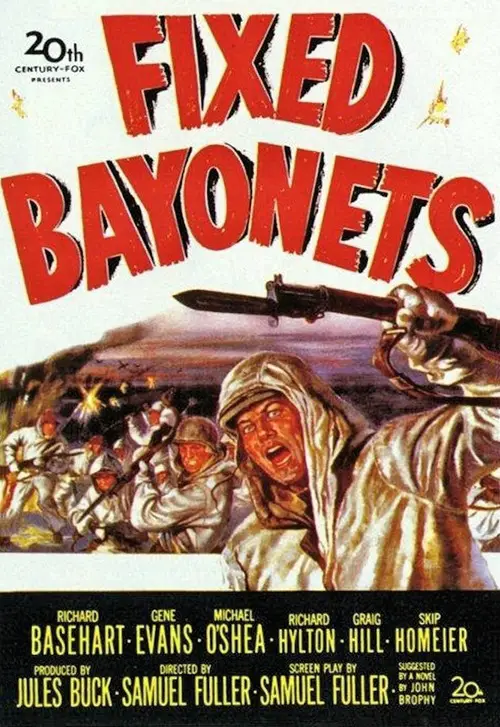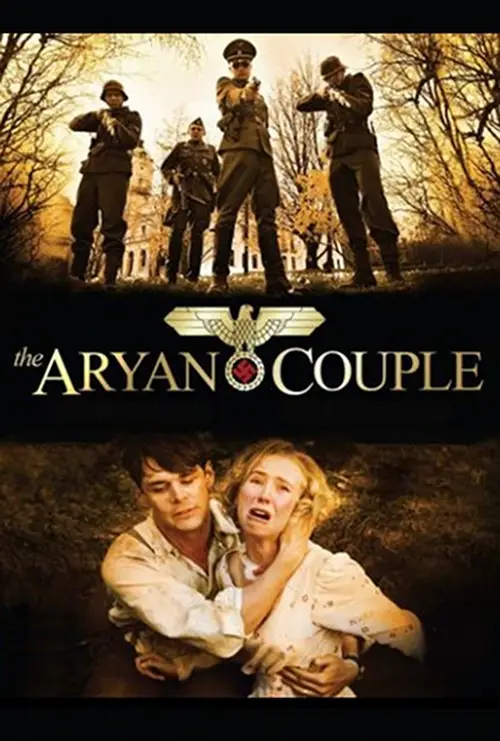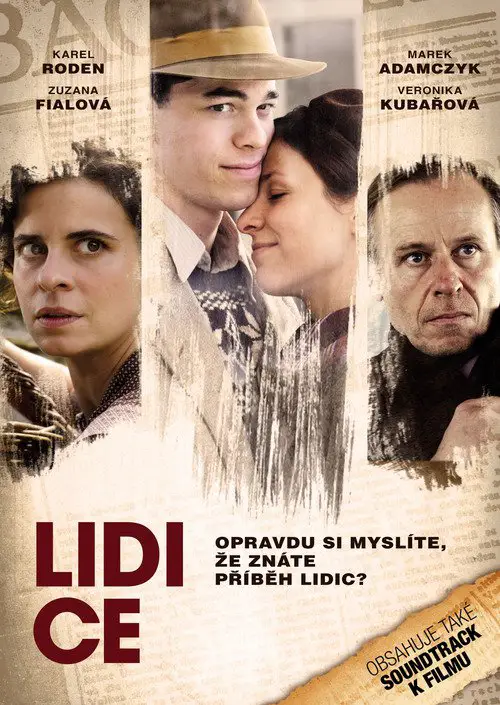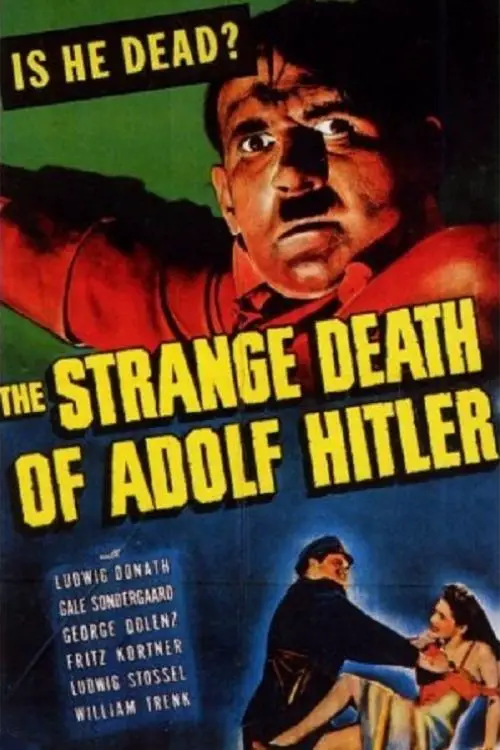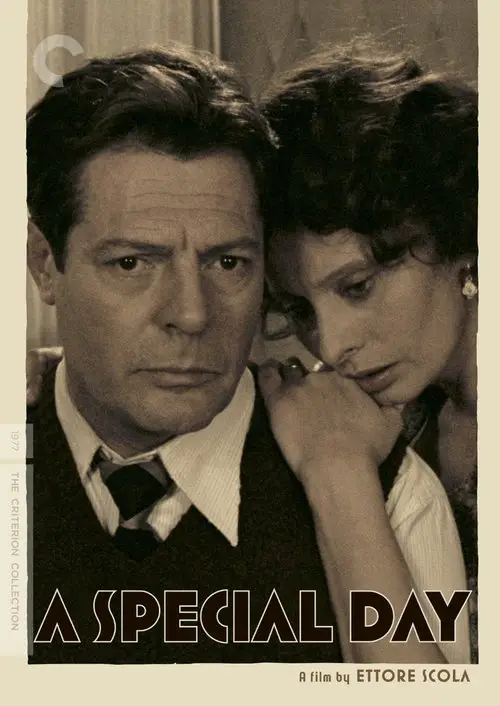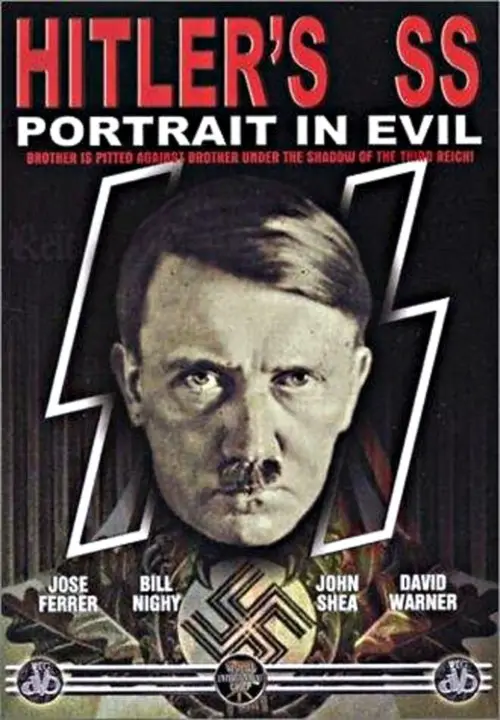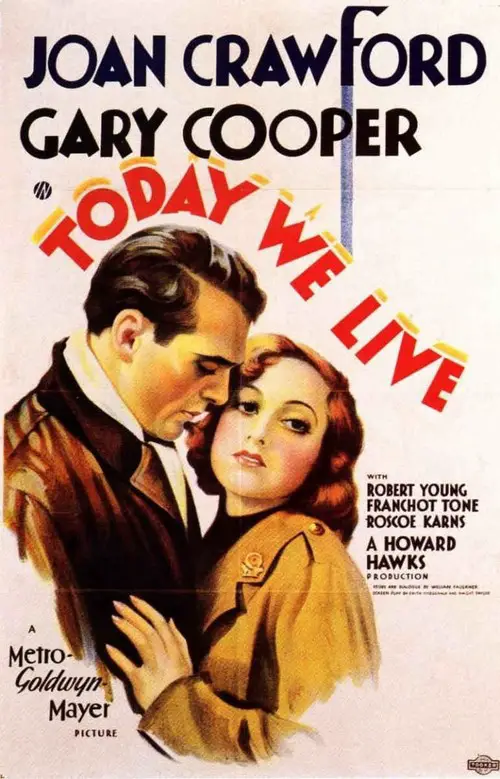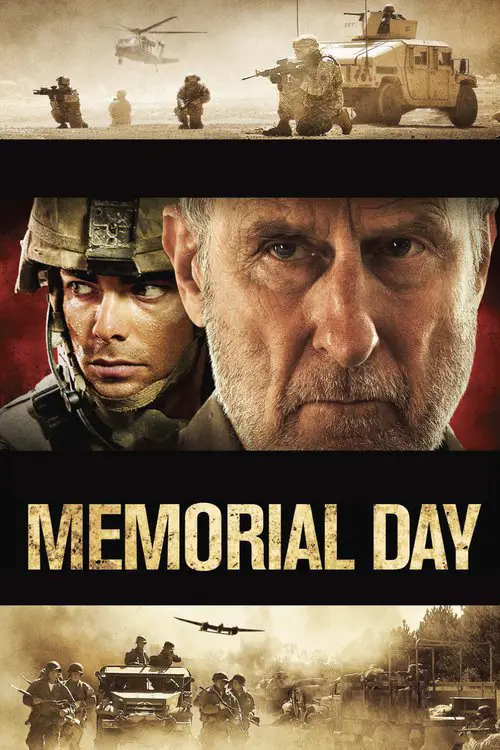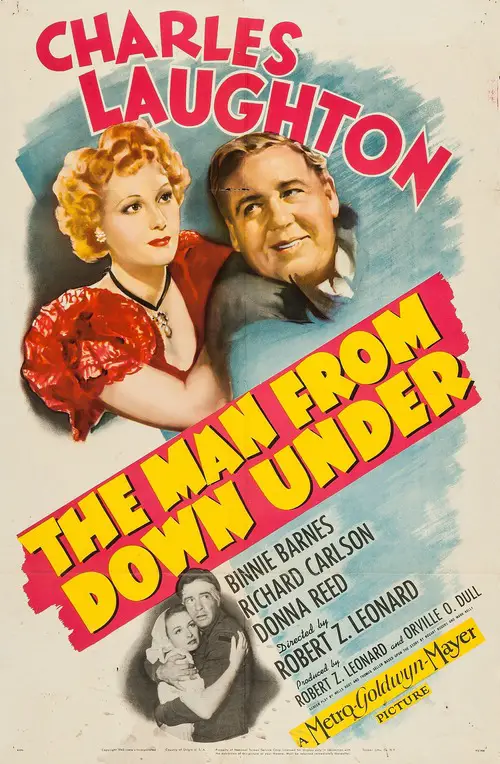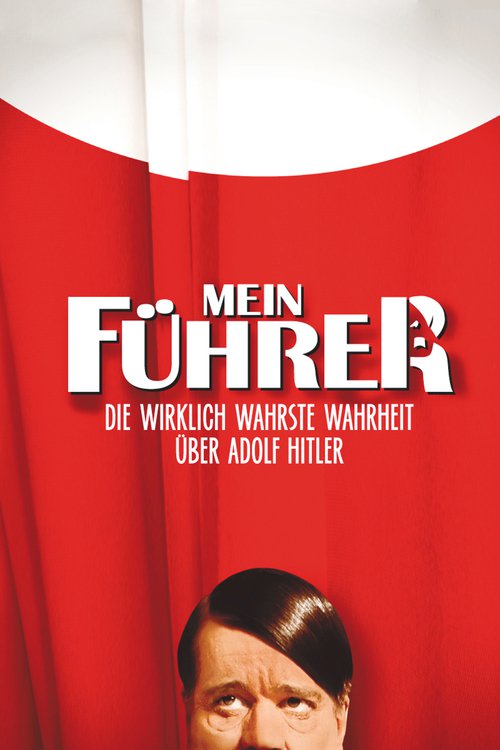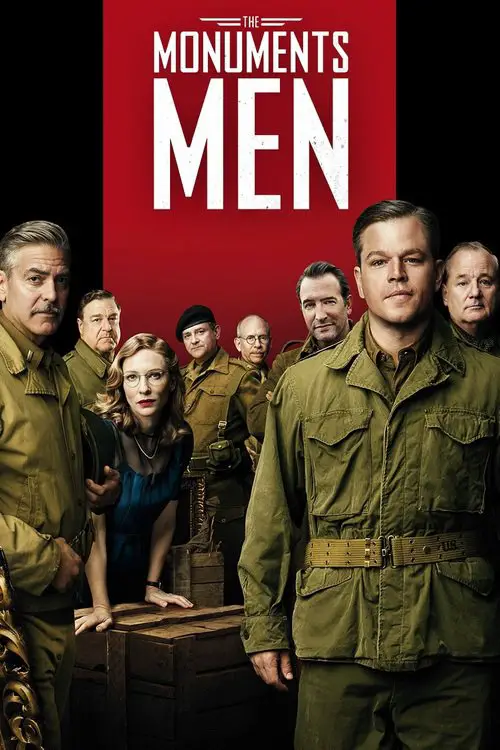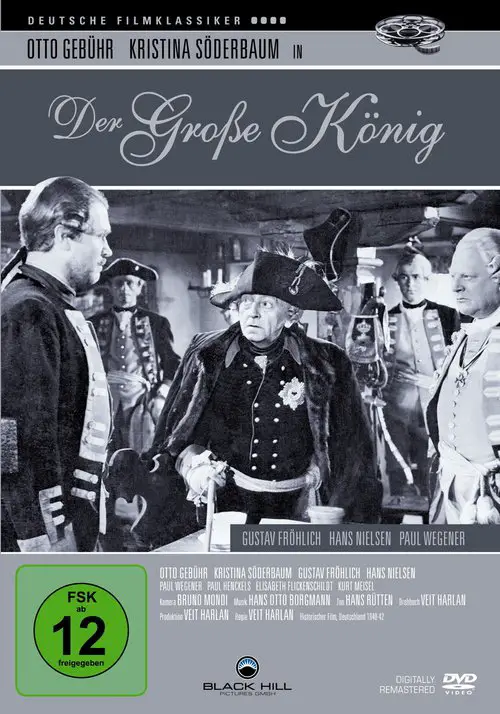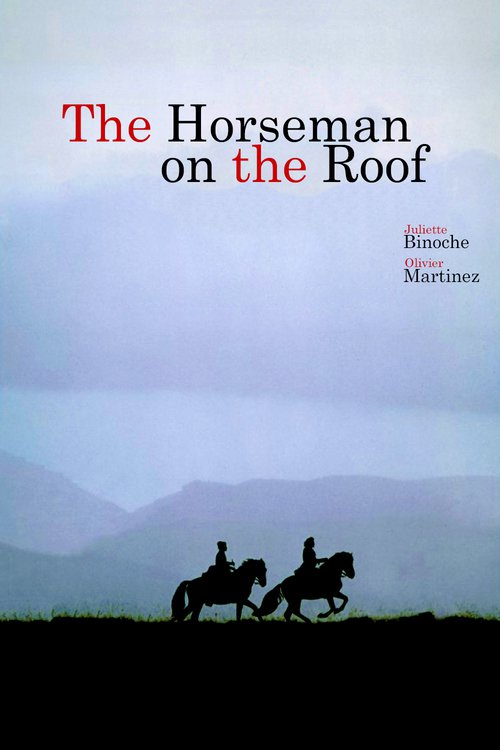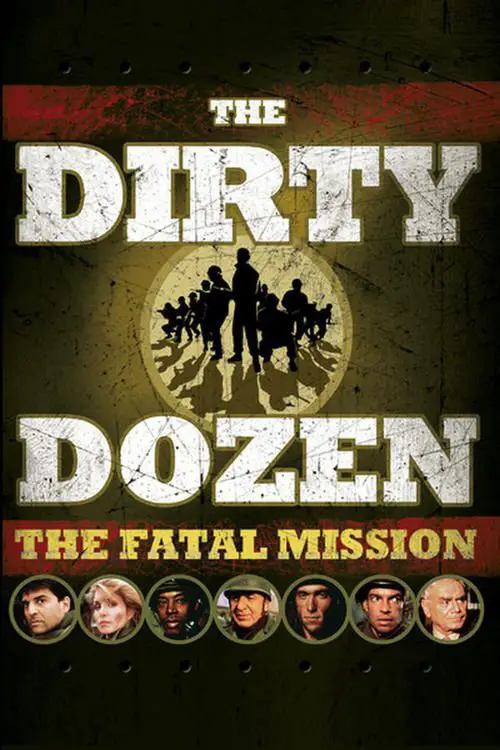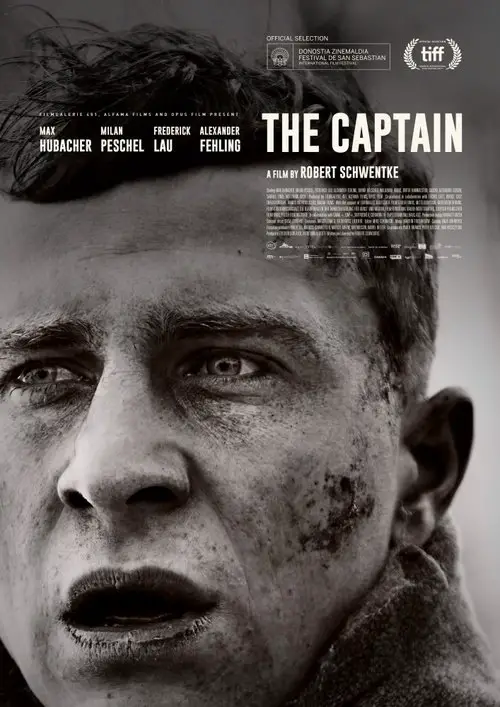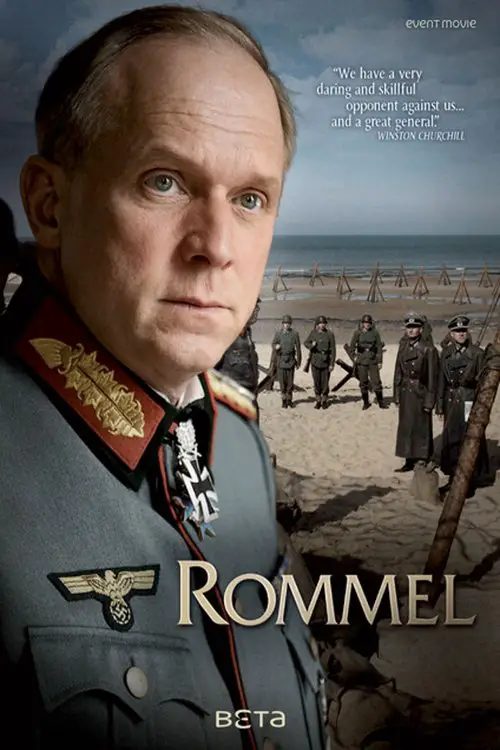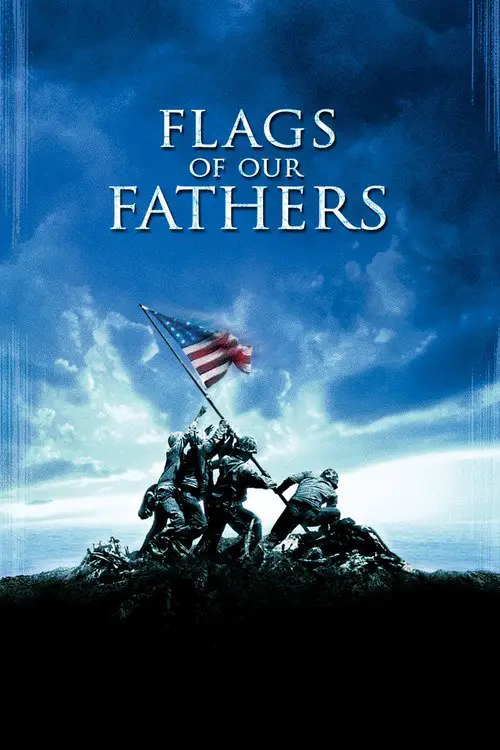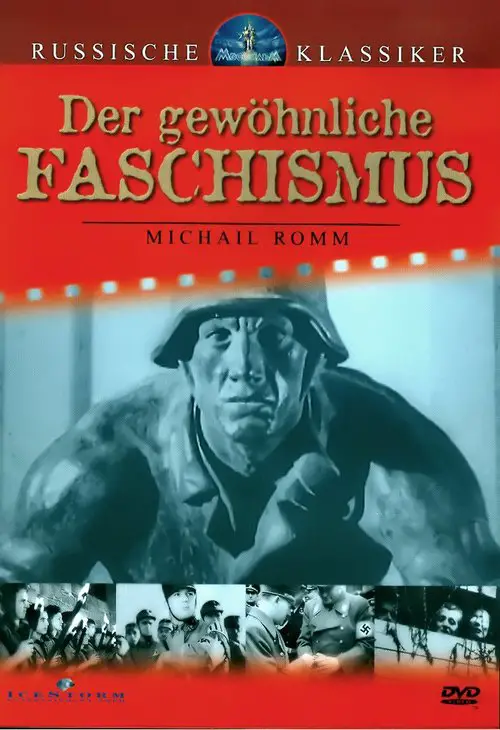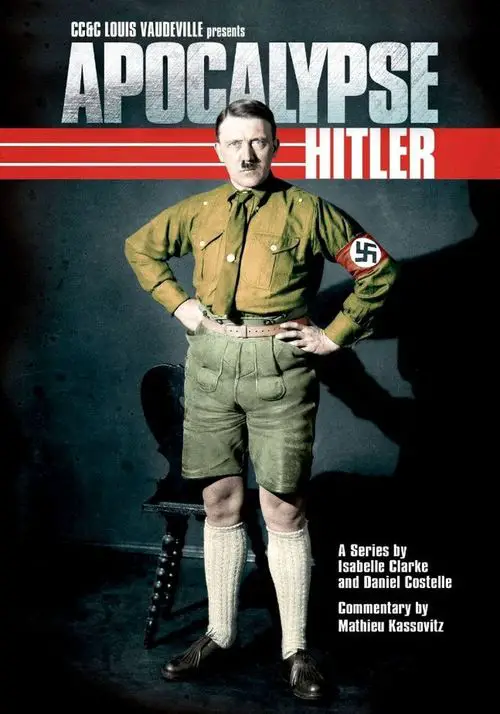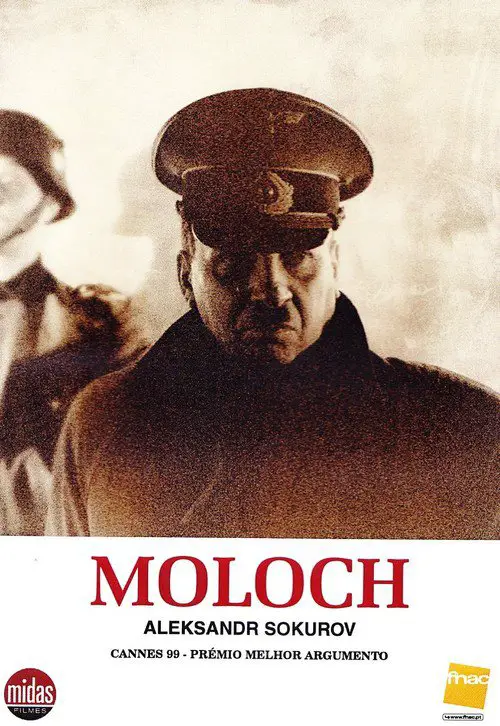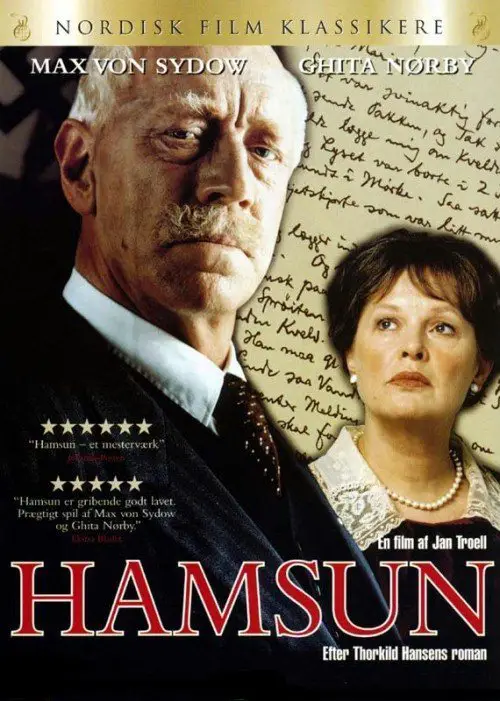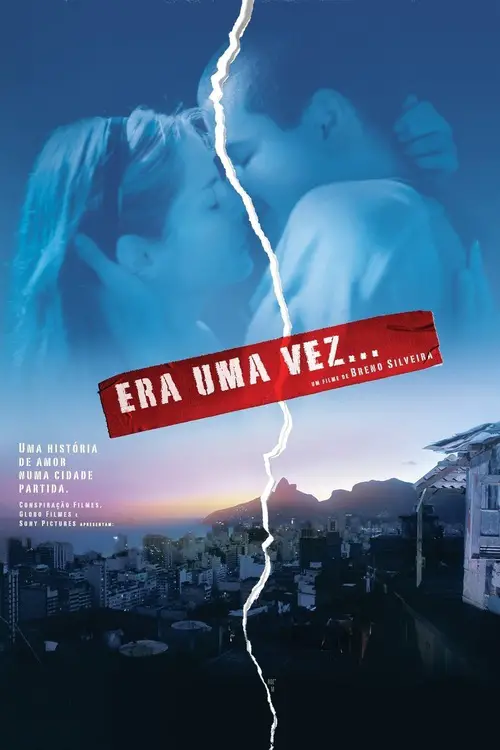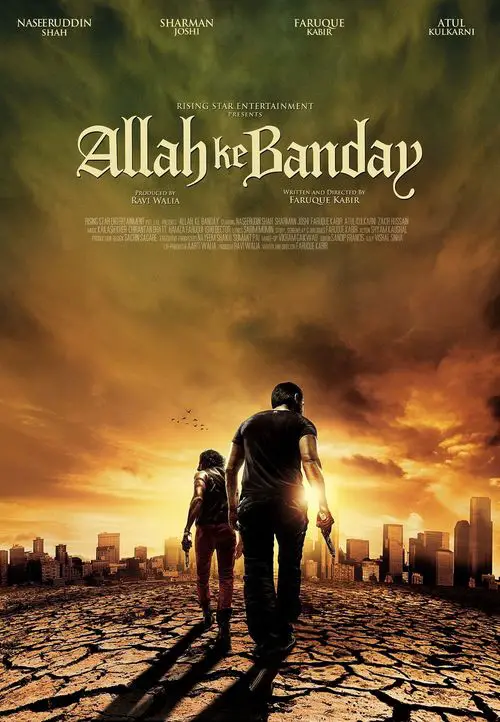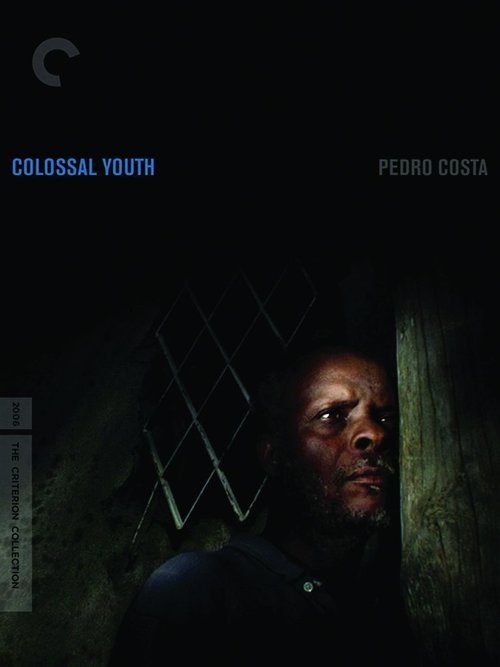Mein Kampf (1960)
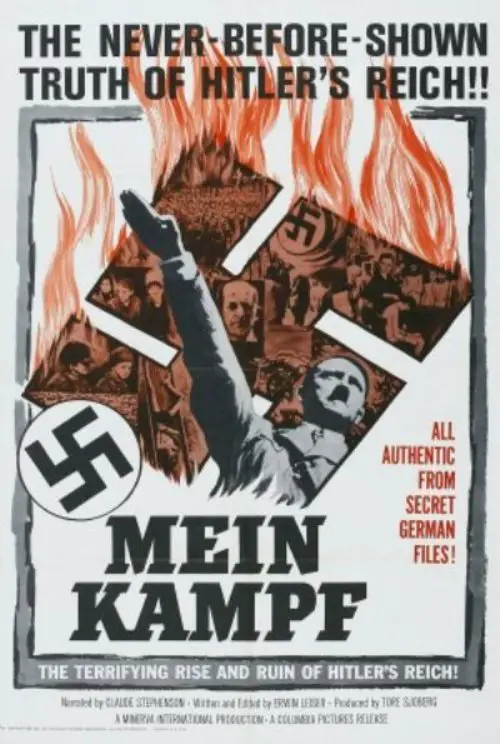
Similar movies
Every foot of film is authentic German footage -- uncovered in the secret archives of the SS Elite Guard and suppressed by Goebbels himself as too strong even for his own savage propaganda. Mein Kampf has created a sensational international impact and has been hailed as a stunning historical document. It has created a storm wherever it has been shown throughout the world while reaping enthusiastic reviews and acclaim. A brilliant achievement in motion picture documentation, Mein Kampf probes deep into the rise and ruin of the Third Reich and the evil genius that created it. Through stunning use of rare footage, it mercilessly asks and answers a central question that has haunted the mind and heart of the world: "How was such a thing allowed to happen?"
This intricate historical drama tells the story of actor Ferdinand Marian (Tobias Moretti), who is ordered by Nazi propagandist Joseph Goebbels to star in the 1940 anti-Semitic film Jew Suss. Despite his cooperation, Ferdinand's actions have unexpected costs. Ferdinand's Jewish wife, Anna (Martina Gedeck), is sent to a concentration camp, and as World War II intensifies, he rebels against the Nazis, leading to the destruction of his career.
Documentary-drama recounting the Martian War of 1913 - 1917. Europe was on tenterhooks in the 2nd decade of the 20th century, everyone was expecting a Great War between the major European powers. But then, in 1913, something crashed into the forests of SW Germany. Troops were sent to investigate but were wiped out. Martian fighting machines began making their way across Western Europe and the countries of Europe combined forces to resist them. With aspects taken from "The War of the Worlds" by H.G. Wells and from WWI itself, this dramatisation presents a documentary style look at events as they unfolded and the effect they had of our world today. Lots of references to real events including the mass attacks and defeats as men were thrown against machines on the Western front, the Christmas truce and the Angel of Mons, America's isolationism and late entry into the conflict, the worldwide "Spanish" flu epidemic that killed more people than the war, and many other things.
The movie describes the life of Adolf Hitler from childhood to manhood, and his rise to power. From his poor childhood in Austria, the first world war from his point of view, we see how Hitler was transformed from a poor soldier into the leader of the Nazis, and how he survived all attempts to kill him. We learn of his relationship with his mistress Eva Braun, his decisions and of his enemies inside the Nazi party.
In April of 1945, Germany stands at the brink of defeat with the Russian Army closing in from the east and the Allied Expeditionary Force attacking from the west. In Berlin, capital of the Third Reich, Adolf Hitler proclaims that Germany will still achieve victory and orders his generals and advisers to fight to the last man. When the end finally does come, and Hitler lies dead by his own hand, what is left of his military must find a way to end the killing that is the Battle of Berlin, and lay down their arms in surrender.
"The Plot to Kill Hitler" is a historical recreation of the 1944 attempt by several German High Command Officers to assassinate Adolf Hitler and take control of the German government. Lead by Wehrmacht Colonel Count von Staufenberg, this group of brave men managed to plant a bomb in Hitler's battlefield headquarters. By sheer luck, Hitler survived the blast and the SS quickly arrested and executed all those involved in the affair.
1942. Joseph is eleven. And this June morning, he must go to school, a yellow star sown on his chest. He receives the support of a goods dealer. The mockery of a baker. Between kindness and contempt, Jo, his Jewish friends, their families, learn of life in an occupied Paris, on the Butte Montmartre, where they've taken shelter. At least that's what they think, until that morning on July 16th 1942, when their fragile happiness is toppled over.
Fact-based World War II story set on Christmas Eve, 1944, finds a German Mother and her son seeking refuge in a cabin on the war front. When she is invaded by three American soldiers and then three German soldiers, she successfully convinces the soldiers to put aside their differences for one evening and share a Christmas dinner.
It's a dreary Christmas 1944 for the American POWs in Stalag 17. For the men in Barracks 4, all sergeants, have to deal with a grave problem - there seems to be a security leak. The Germans always seem to be forewarned about escapes and in the most recent attempt the two men, Manfredi and Johnson, walked straight into a trap and were killed. For some in Barracks 4, especially the loud-mouthed Duke, the leaker is obvious: J.J. Sefton, a wheeler-dealer who doesn't hesitate to trade with the guards and who has acquired goods and privileges that no other prisoner seems to have. Sefton denies giving the Germans any information and makes it quite clear that he has no intention of ever trying to escape. He plans to ride out the war in what little comfort he can arrange, but it doesn't extend to spying for the Germans.
In November 1941, Major Caton takes command of the small Marine garrison on Wake Island. His tendency toward spit and polish upsets the men's tropical lassitude, but Pearl Harbor changes everything. Soon the island is attacked and the Marines pull together day by day; but how long can they hold out?
Told from the perspective of man reflecting on his childhood in Prauge in the early years of World War 2 and the eventual destruction of his family as the Nazis rise to power. The storyline focuses heavily on Jewish-Czech Silberstein family members. Drama was filmed on the real events as a tribute to Mr. Nicholas Winton, the British humanitarian who organized the rescue of 669 children, most of them Jewish, from Czechoslovakia on the eve of the Second World War in an operation later known as the Czech Kindertransport from German-occupied Czechoslovakia and likely death in the Holocaust.
In 1944 Lucien Lacombe, a young peasant in the Lot region is refused permission to join the French Resistance. Instead, the opposing "French Gestapo" obtain from him information about an underground leader and recruit him into their organization.Lucien enjoys his power and inclusion as a member of the German Police (Milice française) but soon falls in love with a Jewish girl. Forcing himself upon her family, Lucien becomes personally involved with the very people some of his collaborators and superiors are, in part, employed to oppress.
One Serbian army battery in the First World War, in forced march with no stopping and rest, arrives to Cer and, in decisive moment, enters the fight and throws off Austrian troops which penetrated into the country. This is not only the chronicle of Cer battle, but Serbian drama and drama of one nation who made impossible possible during the fight against the empire which wanted to take away their country. This drama is based on credible events and authentic documents.
Set in the 1800s when Napoleonâs French ruled Europe, the film follows young Austrian carpenter Franz and his Bavarian wife, Katharina as an unforeseen event forces them to flee from Augsburg, Bavaria for Franzâs family home in Tyrol, Austria. Tyrolian sentiment is rising strongly against Napoleon and trouble is stirring. In no time it sweeps up Franz and his brothers along with the whole town.
During the Nazi occupation of Czechoslovakia, surgeon Dr. Franticek Svoboda (Brian Donlevy), a Czech patriot, assassinates the brutal "Hangman of Europe", Reichsprotektor Reinhard Heydrich (Hans Heinrich von Twardowski), and is wounded in the process. In his attempt to escape, he is helped by history professor Stephen Novotny (Walter Brennan) and his daughter Mascha (Anna Lee).
PÅÃbÄh Lidic, je pÅÃbÄhem obyÄejných lidÃ, kteÅà se absurdnà shodou náhod pÅipletli do cesty dÄjinám. Film pÅibližuje osudy obyvatel Lidic skrz mezilidské vztahy, a to zejména lásku, která stojà na zaÄátku celého pÅÃbÄhu. Rok 1942 â nÄmecká propaganda úzkostlivÄ tajà genocidu páchanou na civilnÃm obyvatelstvu. Po atentátu na druhého muže tÅetà ÅÃÅ¡e Reinharda Heydricha vÅ¡ak udÄlá výjimku. Po vypálenà malé Äeské vesnice Lidice, vÅ¡e vyhlásà do svÄta. Jako záminka k vypálenà obce staÄà jeden milostný dopis. V dobÄ svého tragického konce, v Äervnu 1942, mÄly Lidice za sebou dÄjiny trvajÃcà nejménÄ Å¡est staletÃ. Nacisté chladnÄ popravili vÅ¡echny lidické muže, ženy a dÄti nechali pÅevézt do koncentraÄnÃho tábora. NÄkteré dÄti dali na pÅevýchovu. Celková bilance â 192 popravených mužů, 58 žen zemÅelo v koncentraÄnÃch táborech a 88 dÄtà bylo posláno do plynu. Obec Lidice byla vymazána z map a srovnána se zemÃ. Výpravný velkofilm Lidice je natoÄen podle skuteÄné události.
Wounded in Africa during World War II, Nazi Col. Claus von Stauffenberg returns to his native Germany and joins the Resistance in a daring plan to create a shadow government and assassinate Adolf Hitler. When events unfold so that he becomes a central player, he finds himself tasked with both leading the coup and personally killing the Führer.
The film is set during the late 1930s: the occasion is the first meeting between Mussolini and Hitler. Left alone in her tenement home when her fascist husband runs off to attend the historic event, Sophia Loren strikes up a friendship with her homosexual neighbor Mastroianni. As the day segues into night, Loren and Mastroianni develop a very special relationship that will radically alter both of their outlooks on life.
The two-part TV movie Hitler's SS: Portrait in Evil crystallizes that evil by concentrating on two Berlin brothers. In 1931, Helmut Hoffman (Bill Nighy) a brilliant student and self-styled opportunist, joins Hitler's SS. At the same time, his younger brother Karl (John Shea), a top athlete and idealist, becomes a chauffeur for the "S.A." (storm troopers).
The two lovers are living together and are not married as they hesitantly explain to her brother. They had made a promise as children to get married when they grew up, but they "didn't wait." It's an important plot point as it drives Cooper's actions when he discovers that Crawford and Young are living in sin.
Memorial Day, 1993. When 13-year-old Kyle Vogel discovers the World War II footlocker belonging to his grandfather, Bud, everyone tells Kyle to put it back. Luckily, he ignores them. Although Bud has never talked about the war, he finds himself striking a deal with his grandson: Kyle can pick any three souvenirs, and Bud will tell him the stories behind each one. Memorial Day not only takes us on a journey into Bud's complicated wartime past, but also into Kyle's wartime future. As the two men share parallel experiences in combat, they come to realize how that magical day on the porch shaped both of their lives.Â
Hitler no longer believes in himself, and can barely see himself as an equal to even his sheep dog. But to seize the helm of the war he would have to create one of his famous fiery speeches to mobilize the masses. Goebbels therefore brings a Jewish acting teacher Grünbaum and his family from the camps in order to train the leader in rhetoric. Grünbaum is torn, but starts Hitler in his therapy ...
Based on the true story of the greatest treasure hunt in history, The Monuments Men is an action drama focusing on seven over-the-hill, out-of-shape museum directors, artists, architects, curators, and art historians who went to the front lines of WWII to rescue the worldâs artistic masterpieces from Nazi thieves and return them to their rightful owners. With the art hidden behind enemy lines, how could these guys hope to succeed?
King Frederick II (aka "Frederick the Great") of Prussia is engaged in a major battle against the Austrian army at Kunersdorf, and things aren't going well. The Austrians are inflicting major casualties, and his army is beginning to crumble. Defeat seems inevitable when a combination of events gives him hope that he may pull victory from the jaws of defeat after all
There were five Marines and one Navy Corpsman photographed raising the U.S. flag on Mt. Suribachi by Joe Rosenthal on February 23, 1945. "Flags of Our Fathers" is the story of three of the six surviving servicemen, John "Doc" Bradley (Ryan Phillippe), Pvt. Rene Gagnon (Jesse Bradford), and Pvt. Ira Hayes (Adam Beach), who fought in the battle to take Iwo Jima. "Flags of Our Fathers" is the American viewpoint of Eastwood's diptych on the battle of Iwo Jima, the other being "Letters From Iwo Jima", which tells the same story from the Japanse point of view.
Romm's "Ordinary Fascism" pulls out all the stops in its selection of documentary material to draw the viewer not only into absolute horror about fascism and nazism in the 1920s-1940s Europe, but also to a firmest of convictions that nothing of the sort should be allowed to happen again anywhere in the world.
Prelude to War was the first film of Frank Capra's Why We Fight propaganda film series, commissioned by the Pentagon and George C. Marshall. It was made to convince American troops of the necessity of combating the Axis Powers during World War II. This film examines the differences between democratic and fascist states.
Chronicles Hitler's life as a failed painter and far-right activist up to his election as Chancellor of Germany, leading to his relentless rise to power, culminating in the beginning of World War II. Part 1: The Menace - The trenches gave him his self-appointed mission to save Germany, but it was Hitler's natural ability to address the crowds that allowed him to take advantage of a devastated population. Part 2: The Furher - Prior to his new-found prominence, Hitler was considered a mad man on the fringe of German political life. So how did he push his way into power and plunge the world into war?
Moloch (Russian: ÐолоÑ
) is a 1999 Russian biographical drama film directed by Alexander Sokurov. The storyline was conceived from a screenplay written by Yuri Arabov and Marina Koreneva. It portrays Adolf Hitler as a humanistic figure, living life in an unassuming manner during an abrupt journey to the Bavarian Alps. The film stars actors Leonid Mozgovoy, Yelena Rufanova, Vladimir Bogdanov, and Leonid Sokol in principal roles. Moloch explores companionship, intimacy and dictatorship.[1] (Wikipedia)
Knut Hamsun is Norway's most famous and admired author. Ever since he was young he has hated the English for the starvation they caused Norway during WWI. When the Germans occupy Norway 9 April 1940 he welcomes them and the protection they can give from Great Britain. He supports the national socialist ideals, but opposes the way these ideals are turned into action - that Norwegians are jailed and executed. His wife Marie travels in Germany during the war as a sign of support from Knut and herself.
West Germany in '50s is becoming an economic superpower. In such climate, Rosemarie is just one of many enterpreneurs who wants her piece of new fortune. She uses her charms to bring members of West German industrial elite to her bed. There she finds business secrets and later sells them to French competition. However, when scandal errupts, Rosemarie would find that she can't beat the system.
Clandestine romance provides sad but pleasurable viewing in the high-quality Hong Kong meller âClaustrophobia.â Helming bow of Hong Kong scripting vet Ivy Ho (âComrades, Almost a Love Story,â âDivergenceâ) has a mastery that recalls Eric Rohmer and Woody Allen at their most sublime. Offering fine drama about and for adults, pic will make a prestige inclusion for fests. Commercial possibilities exist for industrious distribs willing to guide sophisticated auds away from the usual arthouse milieus. Hong Kong release has not been confirmed, but will likely be skeeded in early 2009, with other Chinese-language territories to quickly follow.
Situated just above the awe-inspiring Ipanema beach in Rio is the Cantagalo slum. Every day, floods of Cantagalo residents make their way down the mountain, only to disappear into their surroundings as part of the invisible working-class that cleans apartments, works in restaurants, and sells food along the scenic, sun-drenched shores. Young Dé (Thiago Martins) is just such a man. Dé lives with his mother Bernadette (Cyria Coentro) in a cramped Cantagalo apartment, selling hot dogs on the beach in order to make the rent. His brother Beto was killed when Dé was just a young boy, and his adopted brother Carlão (Rocco Pitanga) has been jailed for a robbery that he didn't commit. One day, while working on the beach, Dé meets Nina (Vitória Frate). Nina is the only child of a successful lawyer named Evandro (Paulo César Grande), who's none to happy to discover that his daughter is dating a member of the lower class. How...
In a small farming valley in Austria in the beginning of the 20th century a tyrannical farmer is found dead, and all the farmhands are relieved to be free of their tyrant. But the farmer was childless, so suddenly they all inherit the farm together. Now conflicts begin, as nobody is the boss and nobody has to obey.
© Valossa 2015–2026
| Privacy Policy
